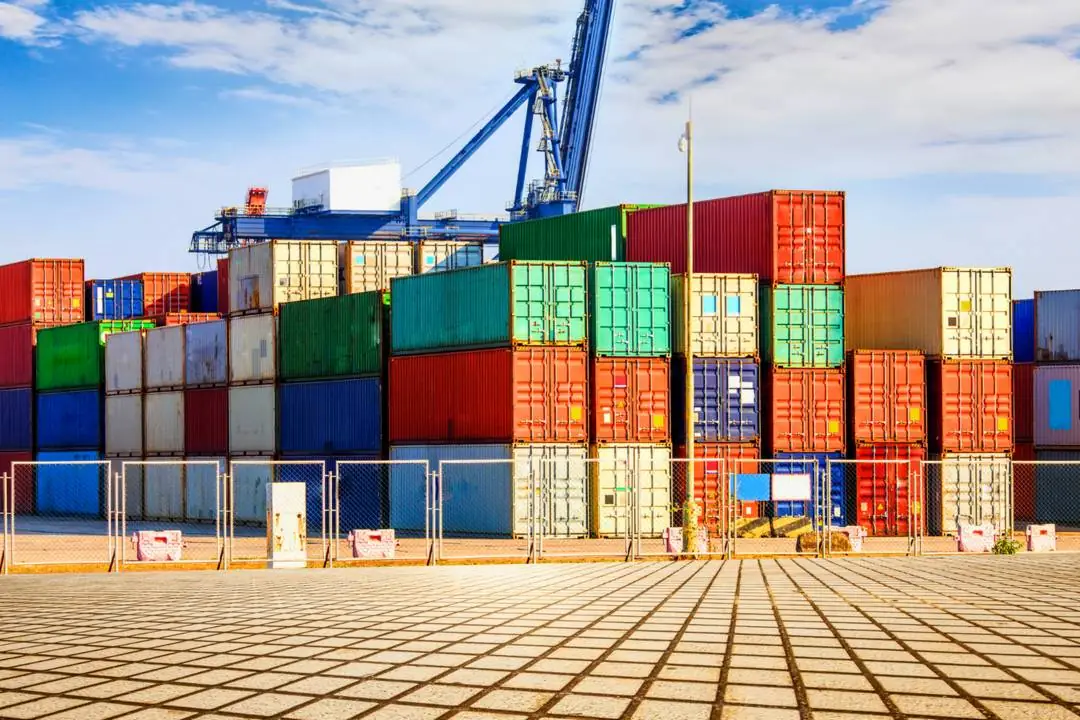20% tax on imports of up to US$ 50: relief for local retailers and opportunity for entrepreneurs
Find out how the new 20% tax rate on imports of up to US$ 50 can benefit local retailers and what this means for entrepreneurs.
In recent years, the debate about taxing international purchases of up to US$ 50 has been a hot topic among retailers and entrepreneurs. Recently, the Chamber of Deputies approved a rate of 20% for these purchases, a decision that promises to have a positive impact on national retail. But what does this change mean for entrepreneurs and how can it be used to boost business? Let's explore.
Bill 914/24: green mobility and taxing imported goods
The collection of tax on international purchases up to US$ 50 is part of the Bill of Law (PL) 914/24The bill, which reached the Senate last Wednesday (29), one day after being approved by the Chamber of Deputies. The bill originally dealt with the Green Mobility and Innovation Program (Mover), aimed at developing technologies to produce vehicles that emit less greenhouse gases. The tax on international purchases was included in the bill by decision of deputy Átila Lira (PP-PI), rapporteur of the matter.
As soon as it arrived in the Senate, the government's leader, Senator Jaques Wagner (PT-BA), requested that it be dealt with as a matter of urgency, which would speed up the vote. The Speaker of the House said he would consult the party leaderships to decide whether the bill would be dealt with urgently or not.
Read more about: Taxes levied on foreign trade taxation
What changes with the new rate
The measure approved by MPs determines that international purchases of up to US$ 50 will now be charged Import Tax (II), at a rate of 20%. Purchases within this limit are very common on foreign retailers' websites, particularly those in Southeast Asia, such as Shopee, AliExpress and Shein. These platforms are called marketplaces, i.e. a large showcase for third-party products, and their prices are usually much cheaper than those of Brazilian manufacturers.
The charge addressed by the bill is a federal tax. In addition, purchases within this limit of US$ 50 are subject to a 17% rate of Goods and Services Tax (ICMS), a state charge. Thus, a consumer buying a product worth R$ 100 (including freight and insurance) would have to pay the Import Tax rate plus ICMS, which would bring the final price to R$ 140.40.
Under the bill, charges above US$ 50 and up to US$ 3,000 will have a rate of 60% with a discount of US$ 20 (around R$ 100) from the tax payable.
Read more about: Taxes can be obstacles for foreign companies in Brazil
Opportunities for entrepreneurs

For entrepreneurs, this change brings many opportunities:
- Increased Competitiveness
- Market expansion
- Support for the local economy
Adapt your business to the new reality
Now is the ideal time to adjust your market strategies and take advantage of the reduction in international competition. Consider the following strategies:
- Price adjustment: Review your pricing policies to ensure competitiveness in the new scenario.
- Targeted Marketing: Focus on marketing campaigns that highlight the quality and value of local products.
- Partnerships: Establish strategic partnerships with other local businesses to strengthen the retail network.
Read more about: Accounting to optimize inventory management in import and export
Success stories
Companies that are already reaping the rewards of this change are an inspiring example. Renner and C&A, for example, are some of the retailers that have benefited from the new tax rate, improving their competitiveness and attracting more consumers. These success stories show that, with the right strategies, it is possible to make the most of this new reality.
Read more about: The lack of technical accounting knowledge in importing
What to expect in the future
The new rate of 20% on imports of up to US$ 50 is just one step towards greater tax equality. Entrepreneurs should be alert to possible future changes and prepare to adapt their strategies as necessary. Closely following legislative discussions and staying informed is crucial to seizing opportunities and minimizing risks.
Read more about: The benefits of digital accounting for importing companies
Conclusion
The change in taxation on imports of up to US$ 50 is a relief for local retailers and an excellent opportunity for entrepreneurs. Taking advantage of this change can mean more competitiveness, growth and strengthening of the local economy. Prepare your business, adjust your strategies and be ready to reap the benefits of this new era in national commerce.
Make the most of the tax changes and position your business for success. Follow the CLM Controller blog for more insights and strategies!
Frequently Asked Questions
1. What is Bill 914/24?
Bill (PL) 914/24 originally deals with the Green Mobility and Innovation Program (Mover), which aims to develop technologies for the production of vehicles that emit less greenhouse gases. The tax on international purchases was included in the bill by deputy Átila Lira (PP-PI), the bill's rapporteur.
2. How does the new 20% rate impact consumers?
With the new tax rate of 20% on imports of up to US$ 50, consumers who buy products of up to US$ 50 on foreign websites will pay more tax, increasing the final cost of their purchases.
3. What are the benefits of this change for local retailers?
The move reduces unfair competition with foreign retailers, allowing local traders a better chance to compete on price and quality, attracting more consumers and strengthening the local economy.
4. What taxes apply to international purchases of up to US$ 50?
In addition to the new 20% Import Tax (II) rate, international purchases of up to US$ 50 are also subject to the 17% Tax on Circulation of Goods and Services (ICMS), a state charge.
5. How does this measure affect international e-commerce platforms such as Shopee, AliExpress and Shein?
The measure increases the cost of purchases made on these platforms, which are known for offering products at lower prices. This could reduce the competitiveness of these sites compared to local retailers, who face a higher tax burden.











